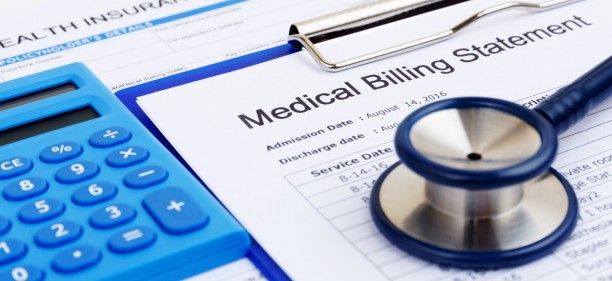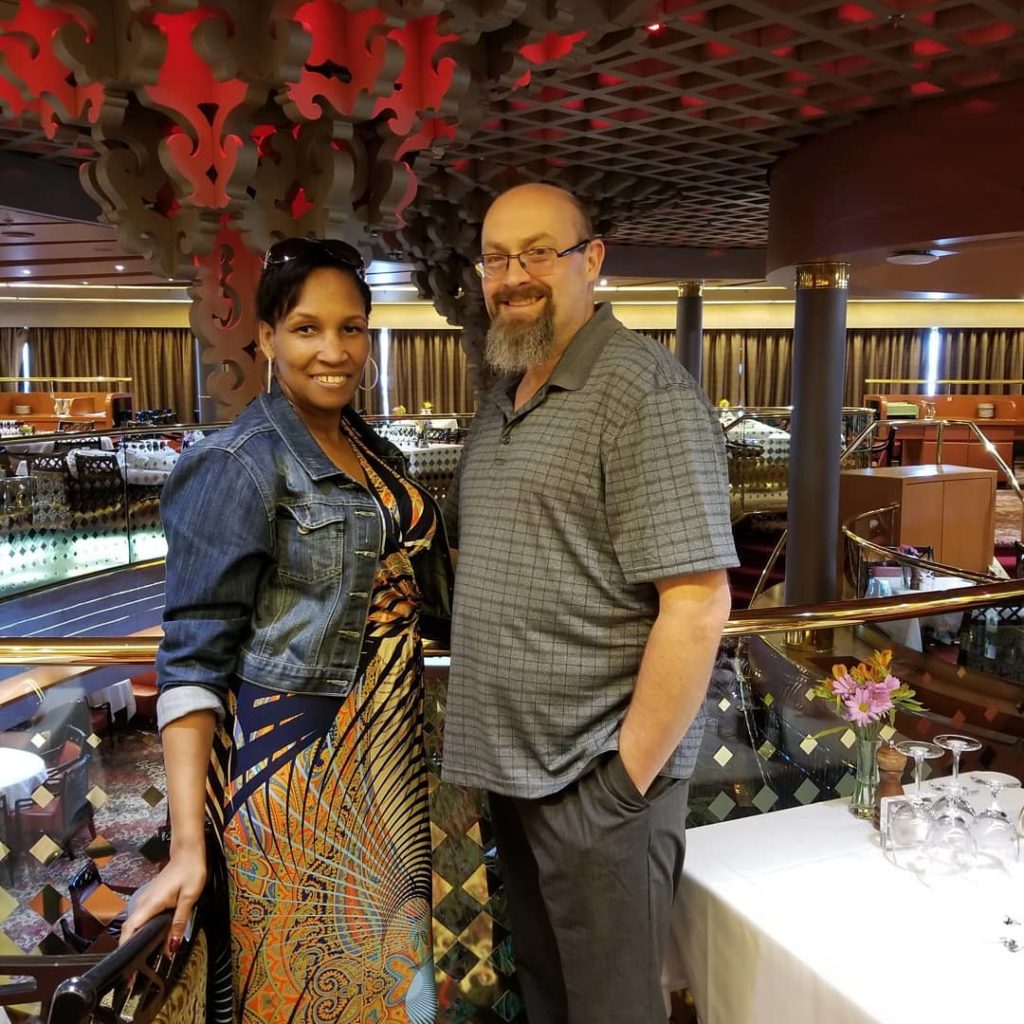Since having cancer I have joined many support groups, both online and in person. I have read and subscribed to many blogs. One of the things that is great about reading people’s blogs on cancer and survivorship is how positive and inspirational people are. However, this can be a blessing and curse. Sometimes the positivity lifts me up, gives me hope and strength. And sometimes, it just makes me feel badly. I feel angry at myself for not being as positive as these other cancer patients or survivors. I feel like I should be more grateful, more positive, more fill-in-the-blank-with your own-happy-word. And then, I get into this crazy cycle of feeling badly, and then feeling badly that I feel badly. It’s tons of fun for everyone involved.
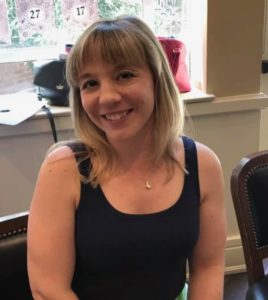 Going through cancer treatment and then being a survivor or living with cancer is a roller coaster. For me, going through my initial treatment was rough. I had laparoscopic surgery, then 6 rounds of chemo, 30 rounds of external radiation and 3 rounds of internal radiation. I did my best to stay positive through it, but it was not easy. And to be honest, most of the time I wasn’t very positive about what I was going through. I felt sorry for myself. I felt like it wasn’t fair, why me, what did I do to deserve this? Then I would go to support groups or read blogs where people would talk about how having cancer had given them a greater appreciation for their life, their families, their friends. Don’t get me wrong, I felt all of these things, but more often than not I just felt pissed off and exhausted. I wanted to feel changed and inspired to advocate and see the blessings in the little things, and sometimes I did. But quite often I didn’t.
Going through cancer treatment and then being a survivor or living with cancer is a roller coaster. For me, going through my initial treatment was rough. I had laparoscopic surgery, then 6 rounds of chemo, 30 rounds of external radiation and 3 rounds of internal radiation. I did my best to stay positive through it, but it was not easy. And to be honest, most of the time I wasn’t very positive about what I was going through. I felt sorry for myself. I felt like it wasn’t fair, why me, what did I do to deserve this? Then I would go to support groups or read blogs where people would talk about how having cancer had given them a greater appreciation for their life, their families, their friends. Don’t get me wrong, I felt all of these things, but more often than not I just felt pissed off and exhausted. I wanted to feel changed and inspired to advocate and see the blessings in the little things, and sometimes I did. But quite often I didn’t.
It is hard to feel grateful when you are nauseous, exhausted, depleted, and in pain. That is ok. When I would go in to my cycle of feeling depressed and angry and then get mad at myself for not being more thankful that I would make it out of this alive, when I would start telling myself that I should be more grateful or more positive, my boyfriend would constantly tell me, “You are should-ing on yourself again.” Going through cancer is hard enough, and the side effects both during and after treatment are draining (to put it mildly). We should at least be able to give ourselves a break. 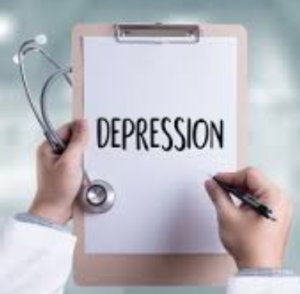
I also felt like many people had it worse than I did. I was lucky to have a supportive family that was close by and could help me at a moments notice. I have friends and a boyfriend who have supported my unconditionally. My cancer was treatable and I am expected to live a long and happy life. Others that I know are not as fortunate. So I should be more grateful (see, there I go again, “should-ing all over myself”). But grief, sadness and anger isn’t reserved for only some. If we took everyone who had a tragedy or illness in their life, and lined them up based on some ranking system of “who has it worst,” would only the last person in line be allowed to feel sorry for themselves and their plight in life? That’s ridiculous. Just because someone else has it worse than you do, doesn’t mean that your struggles are any less valid. You can feel empathy and sympathy for those in other situations while still recognizing that your situation may be pretty crappy as well. (As a I write this, I am giving myself this advice, because I don’t always recognize this!).
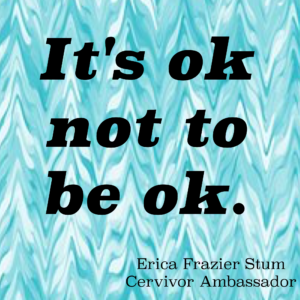 Another fellow cervical cancer survivor told me recently that one of her mantras is “It’s ok to not be ok.” This was amazing for me to hear and resonates so much with me, especially recently. Whatever you are feeling, good or bad, it’s ok. Allow yourself to cry, to yell, to be pissed or depressed. Let those feelings come and allow yourself to truly feel them. That is the only way to let them go and move on. (Again, as I write this, I am thinking….wow, you should do this more often!).
Another fellow cervical cancer survivor told me recently that one of her mantras is “It’s ok to not be ok.” This was amazing for me to hear and resonates so much with me, especially recently. Whatever you are feeling, good or bad, it’s ok. Allow yourself to cry, to yell, to be pissed or depressed. Let those feelings come and allow yourself to truly feel them. That is the only way to let them go and move on. (Again, as I write this, I am thinking….wow, you should do this more often!).
People write inspirational and positive blogs to give others strength and hope, and to advocate for change, and all of that is useful and wonderful. But sometimes it is nice to hear that people are struggling with the same crappy emotions that you are. I have learned to look at blogs differently now. I read them like Facebook posts. Many of them are glimpses into the best of people’s lives and the best of their moments throughout the day. Most people don’t post pictures of themselves in pain or crying in the fetal position on the floor. They wait until those moments have passed and write about getting up and moving on and counting their blessings, and that is important. But it is also important for us to know that we all have those moments of sheer frustration and anger and complete debilitating sadness over the hand we have been dealt, and that is ok too. I want you to know that in those moments you are not alone. There are, unfortunately, many others who are feeling the same way. And maybe in some way that can bring you comfort. You don’t always have to be positive. It’s ok to not be ok.
Check out more about Ana’s story here: https://cervivor.org/stories/ana/
